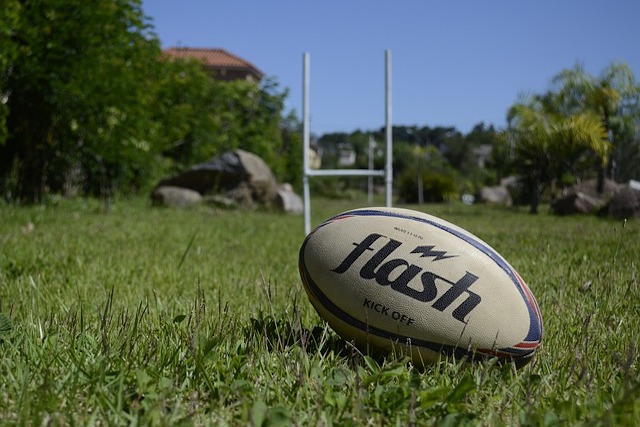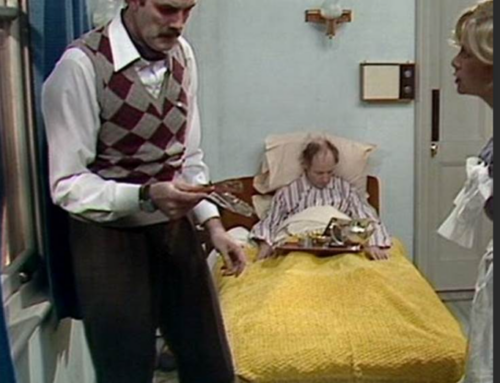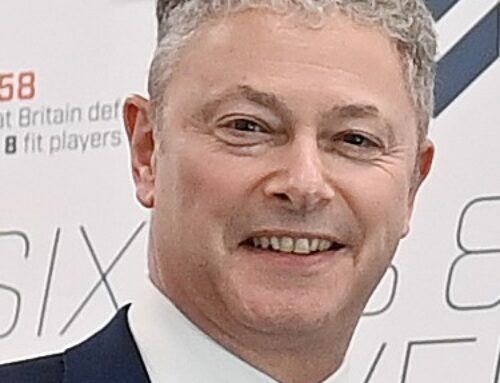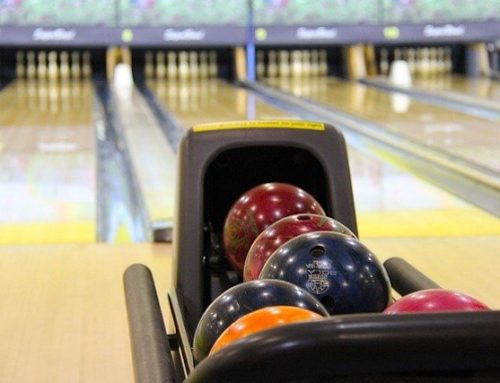The aftermath of the failed and disastrous European Super League proposals has shone a light on the great disconnect between football fans and the owners of the sport’s most prestigious clubs. I lamented, in a previous article, the fact that those at the top were seemingly treating fans as being a distant, less important stakeholder in the club.
I could not help but draw a distinction between what is happening in football, especially in light of the scenes at Old Trafford, where pitch invading fans caused Manchester United’s game with Liverpool to be called off, and what is currently going on within our great sport of Rugby League. We not only regularly reach out and support our own in times of need, but also widen our appeal for the benefit of the wider society. This is something that fills me with an immense feeling of pride.
A Force for Good
The Rugby Football League has long been a force for good, with its estimated social impact standing at around £185 million. We work hard as an organisation and a sport to reach the hard-to-reach communities in a positively disproportionate way. In this way, we can uniquely improve health, reduce crime, provide education, and improve life satisfaction. Here are a couple of striking statistics for you to consider:
- 46% of players in the Rugby Football League are from the lowest socio-economic groups
- 42% of our players are in the lowest quartile for education
Put simply, we reach those that society is leaving behind.
We are also incredibly diverse. We are the only leading sport in the UK that has developed Women’s, Wheelchair, Physical Disability, and Learning Disability formats of the game. All of these are played under the badges of their professional clubs and with England representative schemes.
Not All Superheroes Wear Capes
The recent events in football also made me cast my mind back to December 2020, when Kevin Sinfield MBE completed seven marathons in seven days in aid of his good friend and former Leeds Rhinos and England team mate, Rob Burrow. Rob unfortunately became ill with Motor Neurone Disease (MND) and eventually lost the use of his voice. Kevin’s stellar efforts resulted in raising over £2 million towards MND research and support for Rob’s family, prompting Rob (who now communicates by having his phone transmit messages from a bank of pre-recorded phrases and words) to use the phrase: “Not all superheroes wear capes; some wear snoods”.
Kevin was not the only person conquering superhuman challenges for this cause. Oliver Holmes of Castleford Tigers cycled 100km per day for 7 days, with his social media encouraging donations either to his effort or to Kevin’s. Other RFL players did amazing feats to raise money for research into MND. They also got out delivering food parcels, and volunteered to do heavy lifting for the NHS. The Rugby Football League set aside 2021 tickets for the upcoming World Cup for key workers as a thank you for their work during the pandemic.
The Rugby Football League family has also informally adopted the MND Association and the need to raise for research and care for those suffering. The countless acts of charity and the completion of challenges have raised not only vital funds, but a great deal of awareness.
More Recognition is Needed
But this is not unusual for Rugby League. This is something we do all the time. We have wonderful stories, characters, role models and heroes to work with across all levels and formats of the game. We have people who provide articulate stories about what impact they are able to have on their communities.
We reach out and support our own and widen our appeal for the benefit of wider society. The sports industry rarely sees this, but I see it all the time and it is a source of enormous pride. Rugby League’s social impact is huge, in inverse proportion to the attention generally given to our great sport by the mainstream media and the lifestyle media.
Kevin Sinfield’s amazing feat garnered a great deal of interest from BBC News, which also continued to give coverage of how former sports stars such as Doddie Weir (Rugby Union) and Steven Darby (Football), are fighting against this cruel disease.
We examined the interactions for sports on Facebook in December, which showed that nearly 300,000 interactions were recorded for Rugby Football League and England Rugby League. This was nearly three times as many as for Rugby Union, where England won a trophy, more than Cricket, where there was a tour of South Africa and more than twice that of football. This awareness came when our season had finished, but when the Rugby League family is doing such amazing things.
While this was extremely promising, it is high time that the Rugby Football League receives wider coverage and appreciation for the social impact that it has.
RLWC 2021 and Beyond
We are just months away from the Rugby League World Cup. Starting in October 2021, it will be the nation’s first major sporting event after the pandemic. It will also be the first time a major sporting tournament will simultaneously hold, in the same country, at the same time, Men’s, Women’s, Wheelchair and Physical Disability World Cups.
The tournament itself will be hosted in places that other sports tend to leave behind. These are areas that are central to this government’s “levelling up” agenda. Places like St Helens, Hull, Leigh, Bolton, York, Huddersfield, Doncaster and Middlesbrough will all be thrust into the spotlight, and quite rightly so.
The Rugby Football League has long since been a champion of these communities, and this proud tradition will continue long after the tournament has reached its conclusion. We are committed to being there for those towns and cities that formed the backbone of our sport and helped propel us to the innovative and skilful sport we are today. We will always give back to the people, and continue to be a force for good that continuously strives to improve the fortunes of these forgotten places.



